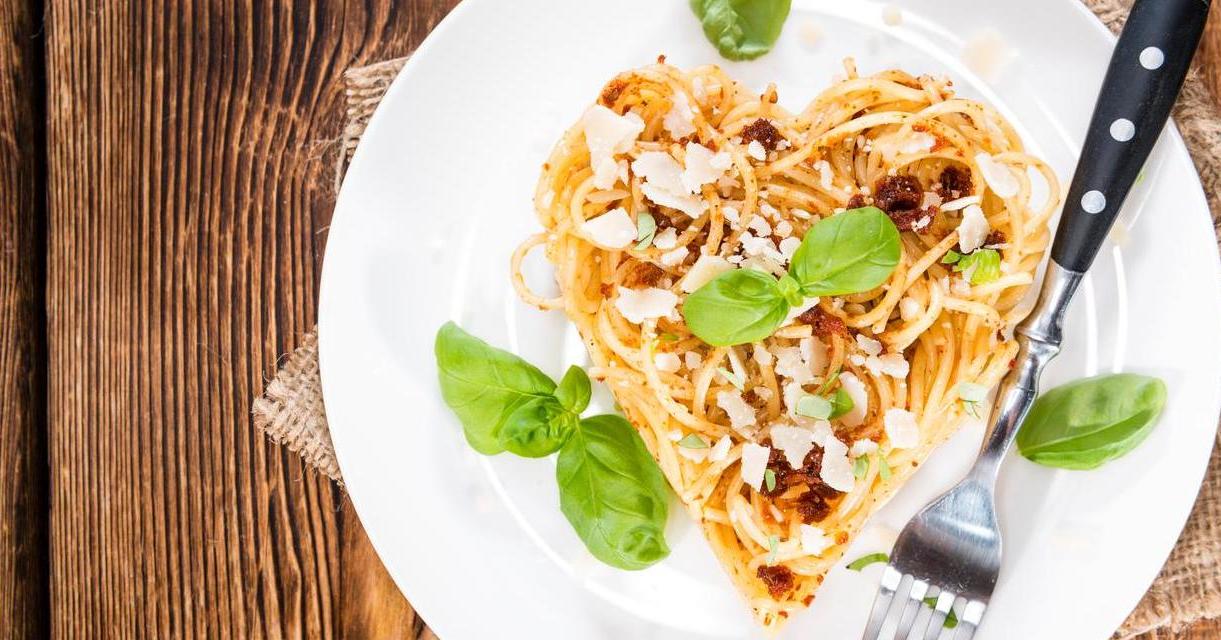Scientists discover 'sixth taste' that explains our love for carbs
Enjoy indulging in bread and pasta? Your taste buds could be to blame

Scientists have long known that there are four taste elements – sweet, salty, sour and bitter – but in 2009, a new savoury taste called Umami was added to the list.
Now, it seems a sixth taste sense could soon be joining them, and it might be able to explain our love of crusty bread, or those midday fantasies about creamy pasta.
Published in the Journal of Nutrition, the study challenged the idea that a craving for carbohydrates is driven by sugar, instead claiming that some people can directly detect the taste of starch.
What’s more, it also found that people who are more sensitive to the taste had a larger waist circumference, which could explain why some are more likely to be obese.
“We specifically looked at waist measurements, as they are a good measure of the risk of dietary related diseases,” said researcher Julia Low.
“Those who were most sensitive to the carbohydrate taste ate more of these foods and had a larger waist.”
The research conducted by Deakin University in Australia studied 34 adults and found that the mouth could sense two common carbohydrates found in bread, pasta and rice.
They also examined how sensitive people were to that taste, their carbohydrate intake, their calorie intake overall, and waist measurements.
Study leader Professor Russell Keast explains that increased intake of energy-dense foods is “thought to be one of the major contributors to the global rise of overweight and obesity” and that while the findings were irrefutable the small sample size means more research is needed to identify the reasoning behind it.
In 2015, Keast and his team conducted research that suggested fat had the potential to be added to the list of things we can directly taste.
However, they found that the people who were more sensitive to fat consumed less fatty food – the opposite of their findings with this latest study on carbohydrates.
“What that could mean is that individuals who are more sensitive to the ‘taste’ of carbohydrate also have some form of subconscious accelerator that increases carbohydrate or starchy food consumption,” explained Professor Keast.
“But we need to do much more research to identify the reason why.”
Join our commenting forum
Join thought-provoking conversations, follow other Independent readers and see their replies
Comments
Bookmark popover
Removed from bookmarks